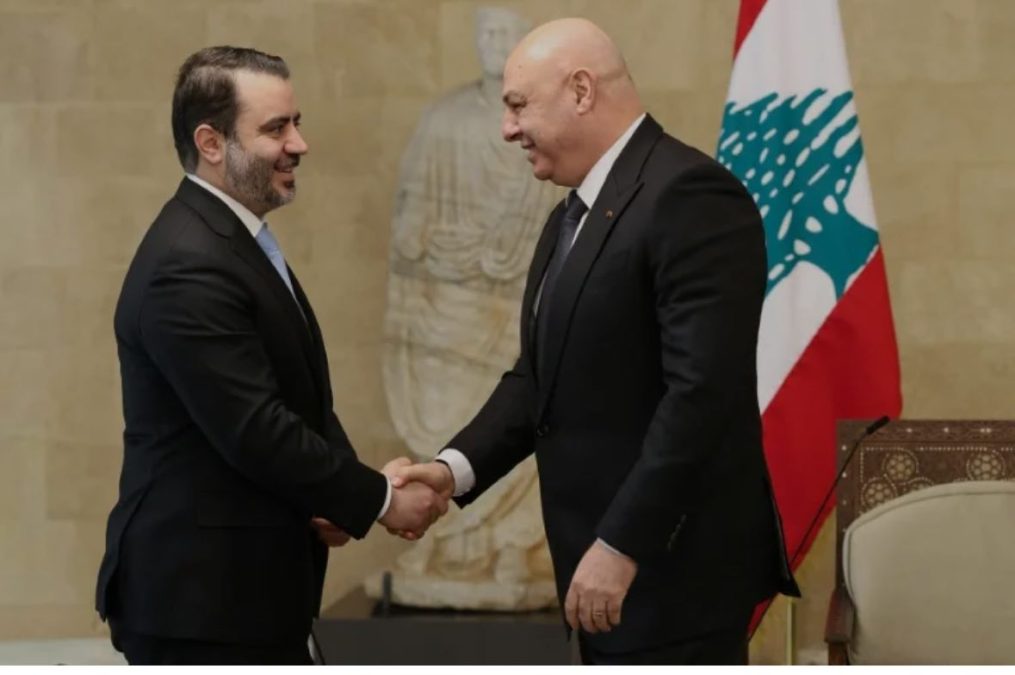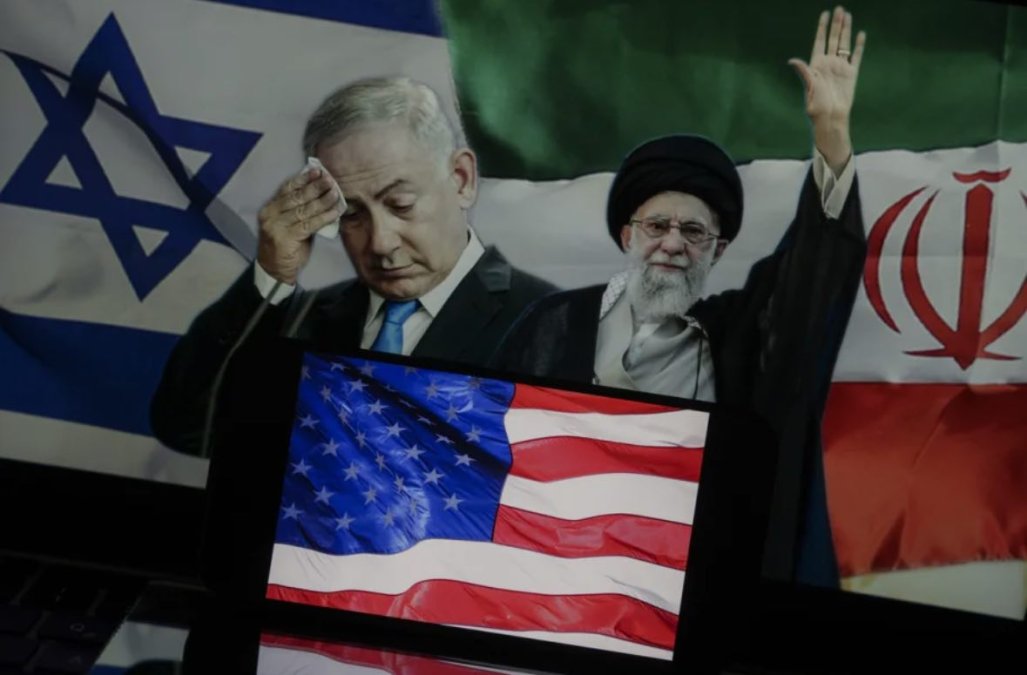Iran and the Battle for Survival in the New Middle East Order
Iran and the Battle for Survival in the New Middle East Order
According to Iran Gate News Agency, while the fragile ceasefire between Israel and Hamas has temporarily reduced the intensity of conflicts in Gaza, the main question remains: Has the region entered a phase of peace, or is it merely on the brink of a new and unknown order?
The following analysis from Iran Gate, relying on historical experiences and recent security indicators, examines the structural changes in the Middle East order, a transition from hard deterrence to structural deterrence, placing Iran in front of two contrasting scenarios: consolidating its role as a regional regulator or reverting to a reactive position in a draining competition.
In the literature of international relations, the end of a war does not mean the beginning of peace; rather, as Raymond Aron, the philosopher and political theorist, puts it, wars end when a new order can replace them, not when the guns fall silent.
This statement is more accurately descriptive of the current situation in the Middle East after the Gaza crisis than ever before.
Recent events, especially since October 7, indicate a rupture in the security order that has dominated the region for several decades.
Now, with the formation of fragile ceasefires and limited agreements among the conflicting parties, the key question is whether the silencing of the guns allows us to speak of the end of the war, or if what is occurring is merely the beginning of a new chapter of power competition.
Transformation in the Region’s Security Architecture
The previous Middle East order was primarily based on two main pillars: Israel’s military deterrence and the United States’ security umbrella. This structure created a kind of security dependency that kept regional actors internally powerless and externally controlled.
However, the October 7 attack and its consequences showed that these two pillars no longer have their previous effectiveness. Israel could not maintain its deterrence, and the United States faced serious challenges in managing regional crises.
Following these developments, signs of a transition to a new order are emerging, an order more based on interaction among regional and mid-level actors rather than merely the intervention of extra-regional powers.
The concept of security in this structure is also being redefined, from purely military security to a combination of political legitimacy, social deterrence, and mutual costs of war.
Structural Deterrence: A New Model for Stability
The continuation of war and the persistence of popular resistance have highlighted the importance of political backing alongside military capability.
From this perspective, what is emerging is a kind of structural deterrence, a stability that arises not from military dominance but from a balance of interests, mutual relations, and internal limitations of the actors.
Recent agreements can be seen as efforts in this direction, efforts to create balance in the absence of a decisive victory.
In such conditions, none of the parties can eliminate the other, and this has paved the way for the formation of a more stable order through negotiation and regional mechanisms.
Iran’s Role in the Transitioning Order
From the perspective of the Islamic Republic of Iran, this regional transition is simultaneously an opportunity and a threat.
A threat because the collapse of the old order makes the space for unregulated and more costly competition, and an opportunity because independent actors can play a more decisive role in such a vacuum.
In recent years, Iran has attempted to transform from merely a military actor to a political and regional regulator. Utilizing network diplomacy, maintaining influence through political interactions, and reducing direct military intervention have been parts of this strategy.
This approach, which can be called deterrent diplomacy, has sought to secure Iran’s legitimacy not through pressure but through dialogue and coalition-building.
However, recent developments, including the increased activity of China and Russia in Middle East security arrangements, the mediations of Arab countries, and the redefinition of relations of some Arab states with the resistance axis, indicate that Iran’s influence has shifted from being uncontested to relative.
Two Scenarios for Iran’s Future Role

Based on available data, two general scenarios can be outlined for Iran’s future role in the region.
1. The Lebanon Model
In this scenario, resistance groups transform from merely military entities to legitimate political actors. In such a model, Iran can play the role of a regional stability guarantor, a role based on creating dialogue channels among resistance forces, Arab governments, and global mediators.
This path requires acceptance of a multilateral regional order and a reduction in the tendency for hegemony.
2. The Syria Model
If the new order does not take shape and the region once again moves towards hard deterrence and direct military competition, Iran will be compelled to revert to its traditional role as a military deterrent.
This path, although justifiable from a security perspective in the short term, will in the long run place Iran in a costly and exhausting reactive situation.

